


Container trailer transport is a crucial aspect of the global supply chain, focusing on the movement of goods through road transport using trailers specifically designed for carrying shipping containers. It serves as the linchpin connecting ports, warehouses, and final delivery destinations, ensuring the efficient transfer of goods within a country's borders. Let's explore the core mechanisms, advantages, and best practices that revolve around container trailer transport, enabling businesses to establish robust domestic distribution networks.
Road Transport (Container Trailers): Container trailer transport primarily relies on road-based transportation using specialized trailers designed to carry shipping containers, such as standard 20-foot and 40-foot containers. This mode of transport offers several important features:
1. Container Compatibility: Container trailers are specifically designed to securely and efficiently carry standard shipping containers, which are widely used in global trade. This ensures that containers can be seamlessly loaded onto the trailers and transported without the need for additional handling.
2. Door-to-Door Delivery: Container trailer transport provides the capability for door-to-door delivery. This means that cargo can be picked up directly from the shipper's location, transported to a port, and then delivered to the consignee's destination. This end-to-end service is especially valuable for last-mile logistics and is integral in facilitating the efficient movement of goods within a country.
3. Intermodal Integration: Container trailer transport often integrates seamlessly with other modes of transport, such as rail and sea transport. Shipping containers can be transferred between different transportation methods without the need to unload and reload the cargo. This intermodal approach ensures a smooth and continuous flow of goods, reducing transit times and minimizing cargo handling.
4. Flexibility: Container trailers offer flexibility in terms of route planning and real-time adjustments. They can access various locations, making them suitable for serving both urban and remote areas. This flexibility is essential in responding to changing shipping requirements and adapting to dynamic factors like traffic conditions, weather, and customer demands.
5. Efficiency: Container trailer transport is known for its efficiency in terms of handling large volumes of cargo. It can transport multiple containers at once, maximizing the use of available space and reducing the number of trips required to move goods, which can result in cost savings and a reduced carbon footprint.
1. Streamlined Supply Chain: Container trailer transport ensures a smooth flow of goods, reducing lead times, enhancing supply chain predictability, and providing a seamless link between ports and final destinations.
2. Cost Savings: By optimizing routes and choosing the right mix of container trailer transport, businesses can reduce transportation costs and improve their bottom line.
3. Enhanced Reach: Container trailer transport extends the reach of businesses, enabling access to landlocked regions and comprehensive coverage of the domestic market.
4. Environmental Benefits: Container trailer transport, when managed efficiently, can contribute to reduced carbon emissions, especially when compared to less efficient road transport methods.
To ensure the efficient operation of container trailer transport, businesses should consider these best practices:
1. Optimal Route Planning: Analyze and plan routes based on real-time factors like traffic and weather to minimize delays and optimize efficiency.
2. Real-time Tracking: Implement advanced tracking systems to monitor cargo in real-time, ensuring transparency and enabling timely interventions in case of issues.
3. Collaboration with Reliable Partners: Partner with reputable carriers and logistics providers with expertise in container trailer transport to ensure consistent service quality.
4. Regular Maintenance: Periodically service and maintain container trailers to prevent breakdowns and ensure the safety and reliability of cargo transport.
5. Sustainability Initiatives: Embrace eco-friendly practices, such as optimizing routes and using fuel-efficient technologies, to reduce emissions and align with sustainability goals.
Container trailer transport is not merely about moving goods; it's a strategic function that significantly impacts a country's commerce and trade infrastructure. By understanding the intricacies and adopting best practices, businesses can unlock new opportunities, fostering unparalleled efficiency and sustainability in their domestic logistics operations. Container trailer transport remains an indispensable cornerstone of a nation's commerce, playing a pivotal role in the movement of goods within its borders.

Your Global Trade Navigator, Delivering End-to-End Excellence and Unlocking New Opportunities in Every Link of Your Supply Chain.
Get In Touch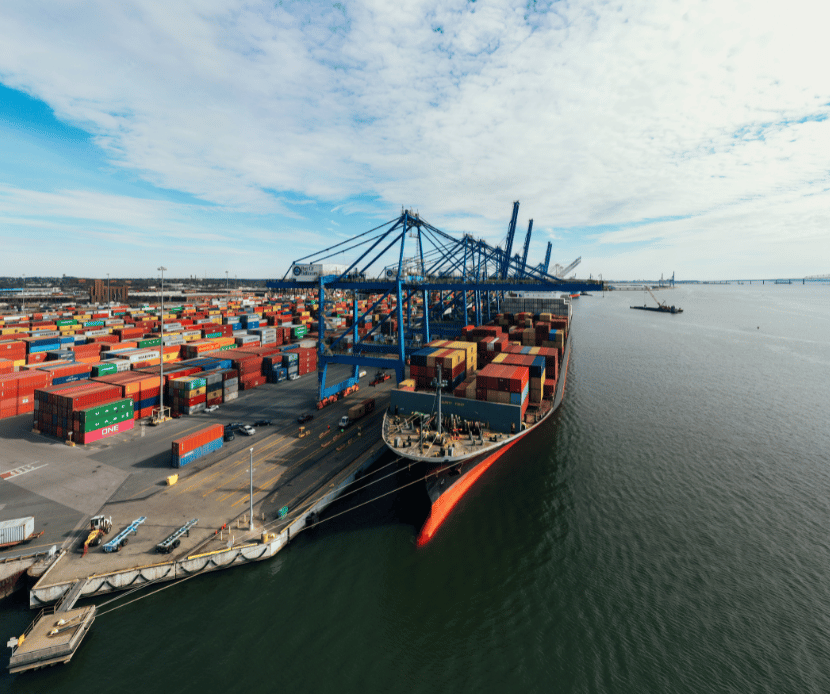
Discover the nuances of Full Container Load (FCL) Shipping in our comprehensive guide.
Learn More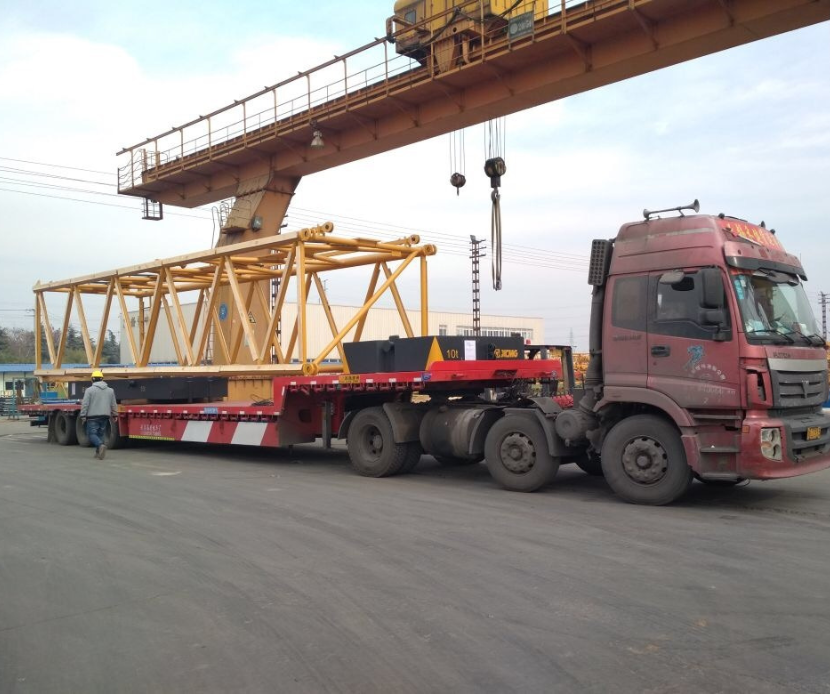
SJA Group: Expertise in transporting high-value, oversized cargo globally.
Learn More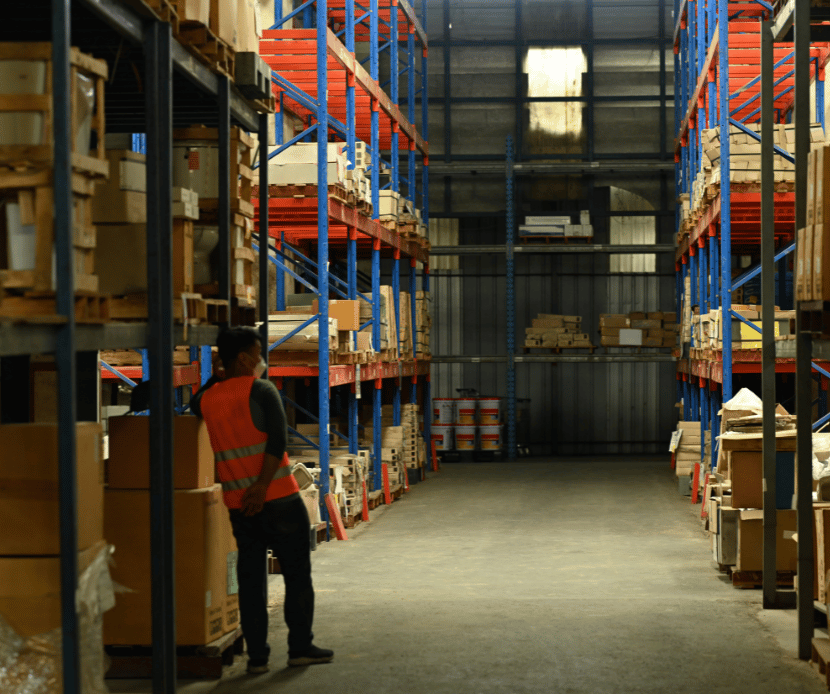
Global Storage Innovations: Strategic, efficient, custom warehousing solutions.
Learn More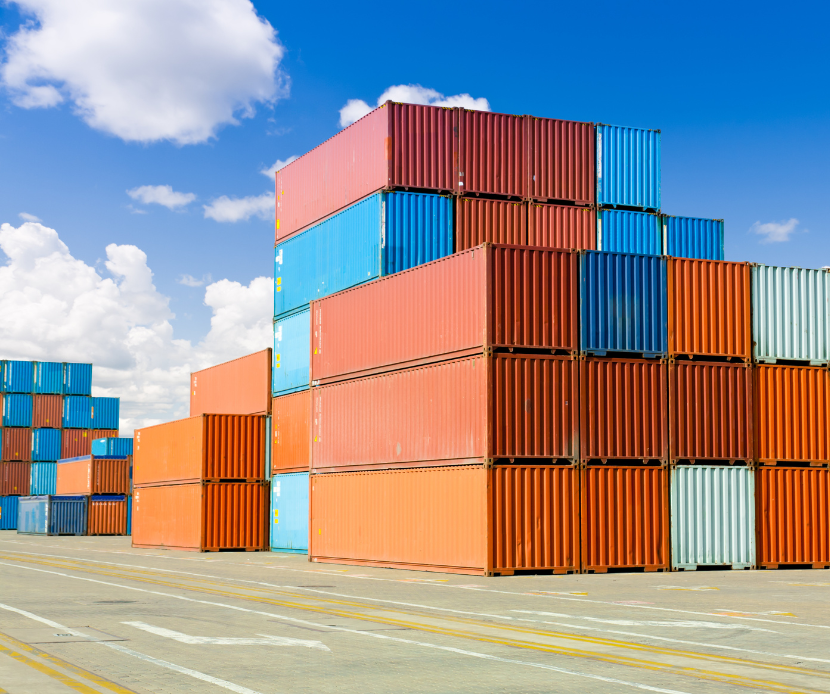
The Essential Guide to NVOCC: Pioneering Modern Logistics
Learn More
Inland Transportation: The Backbone of Domestic Logistics
Learn More
Door Delivery: Revolutionizing Convenience in Logistics
Learn More
Pioneering seamless customs clearance: precise, efficient, expert-led solutions.
Learn More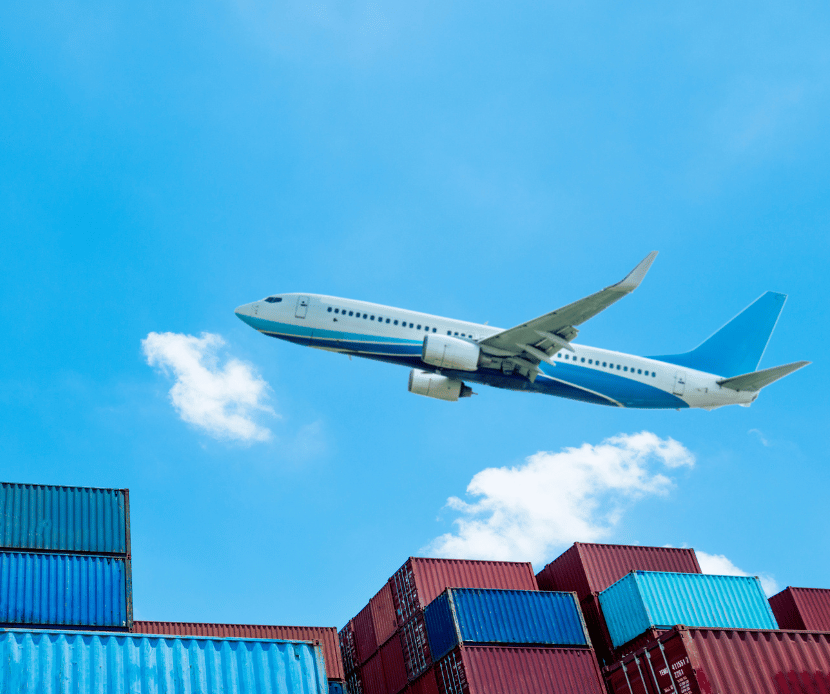
Explore the unmatched speed and reliability of air freight services.
Learn More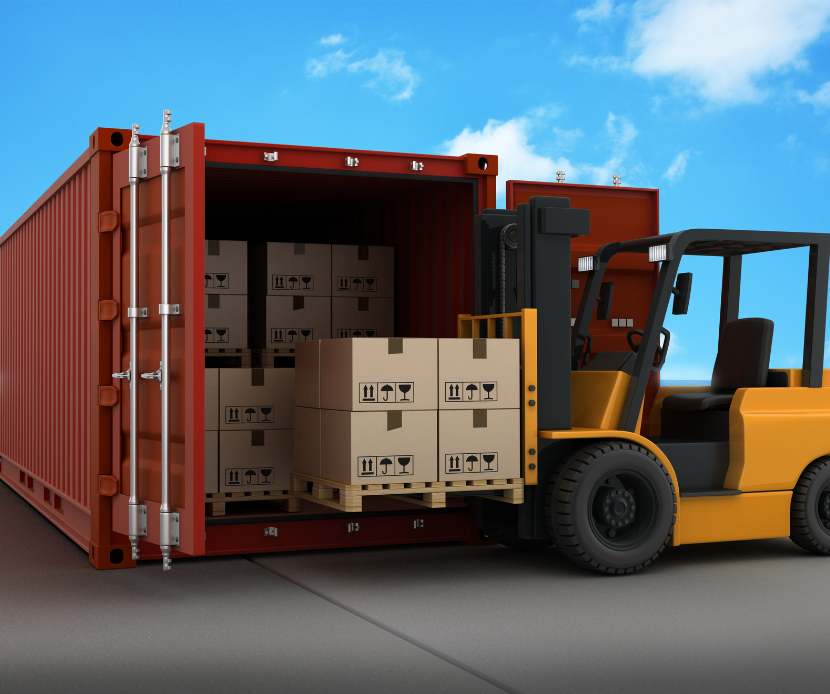
Master LCL shipping: flexibility, cost-effectiveness, and strategy for SMEs.
Learn More